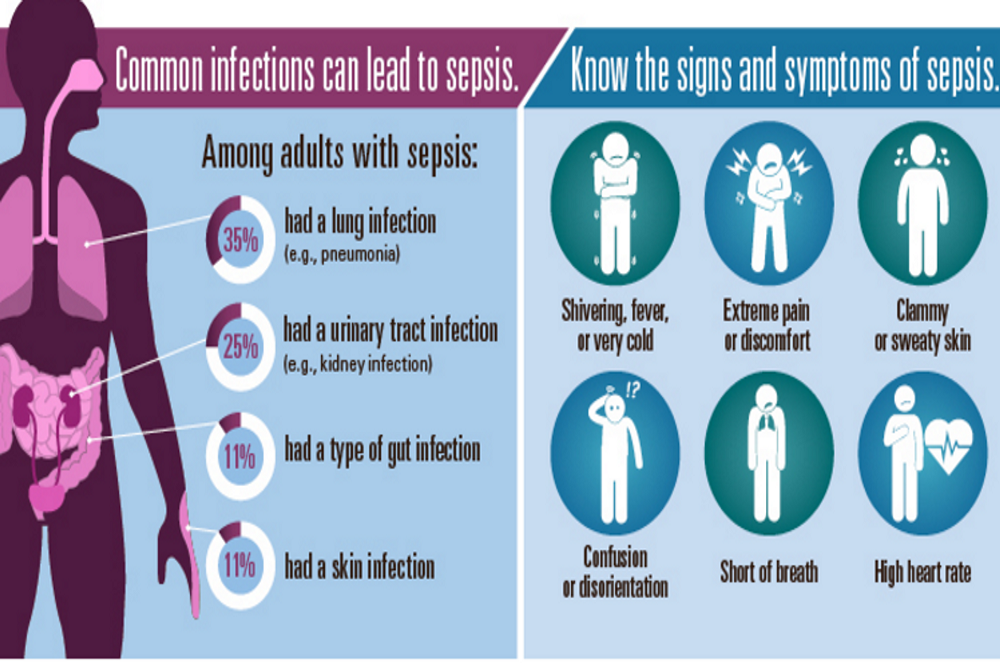
Inotrem issued the following announcement on Sep. 3.
Inotrem S.A., a biotechnology company specialized in immunotherapy for acute and chronic inflammatory syndromes, announced today that the U.S. Food and Drug Administration (FDA) has granted Fast Track designation to nangibotide development program for the treatment of septic shock. Nangibotide, which Phase IIb has just been cleared by the FDA, is a TREM-1 inhibitor peptide with the potential to restore appropriate inflammatory response, vascular function, and improve post septic shock survival.
Septic shock is the ultimate complication of sepsis. The incidence of septic shock continuously raises and mortality remains elevated (35%) in developed countries. There is currently no specific therapy approved for this indication besides antibiotics and symptomatic treatment. Inotrem’s therapeutic solution has the potential to become the first mechanism-based treatment for septic shock.
Fast track is a designation granted by the FDA that is intended to facilitate and expedite development and review of new drugs to address an unmet medical need in the treatment of a serious life threatening condition and for which nonclinical or clinical data has demonstrated the potential to address this unmet medical need.
“FDA’s decision to grant Fast Track designation to nangibotide development program is an important recognition of both Inotrem’s innovative therapeutic approach in the management of acute inflammation and the critical need for causal therapies in a severe condition such as septic shock" said Jean-Jacques Garaud, CEO and cofounder of Inotrem.
“We look fworward to work closely with the FDA, advance our planned ASTONISH trial, and accelerate our efforts to provide the first effective therapy for septic shock patients”, added Margarita Salcedo Magguilli, CDO of Inotrem.
Inotrem recently received an IND clearance by the FDA for its ASTONISH trial (Phase IIb). The company will begin its planned global multicentric Phase IIb study in septic shock patients later this year. The Phase IIb study will aim at demonstrating efficacy of nangibotide and bring a clinically relevant proof of clinical activity in septic shock patients. In addition, this study intends to validate a personalized medicine approach using soluble TREM-1 as potential companion diagnostic test to identify patients more likely to benefit from nangibotide treatment.
About Inotrem
Inotrem S.A. is a biotechnology company specialized in immunotherapy for acute and chronic inflammatory syndromes. The company has developed a new concept of immunomodulation that targets the TREM-1 pathway to control unbalanced inflammatory responses. Through its proprietary technology platform, Inotrem has developed the first-in-class TREM-1 inhibitor, nangibotide, with potential applications in a number of therapeutic indications such as septic shock and myocardial infarction. In parallel, Inotrem has also launched another program to develop a new therapeutic modality targeting chronic inflammatory diseases. The company was founded in 2013 by Dr. Jean-Jacques Garaud, a former head of research and early development at the Roche Group, Prof. Sébastien Gibot and Dr. Marc Derive. Inotrem is supported by leading European investors: Sofinnova Partners, Andera Partners, Biomed Invest and Inserm Transfert Initiative.
www.inotrem.com
About Nangibotide
Nangibotide is the formulation of the active ingredient LR12, which is a 12 amino-acid peptide prepared by chemical synthesis. LR12 is a specific TREM-1 inhibitor, acting as a decoy receptor and interfering in the binding of TREM-1 and its ligand. In preclinical septic shock models, nangibotide was able to restore appropriate inflammatory response, vascular function, and improved animals’ survival post septic shock.
About ASTONISH Study
The Efficacy, Safety and Tolerability of nangibotide in Patients with Septic Shock (ASTONISH) phase IIb trial is a Randomized, Double-blind, Placebo Controlled Dose Selection Study that will be performed in Europe and in the US. Four hundred and fifty patients are planned to be included in this study in 48 clinical sites. The study will compare the effect of nangibotide at two different doses versus standard of care.
Original source can be found here.




